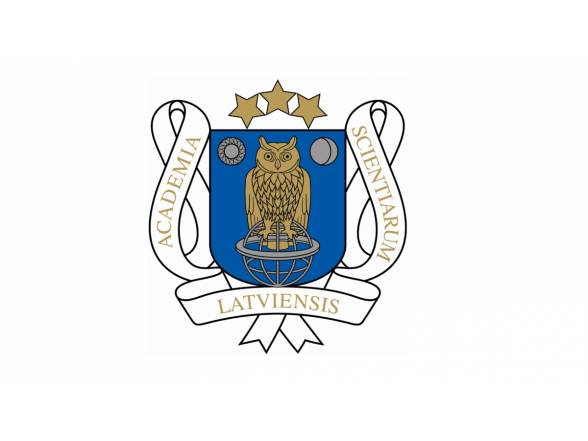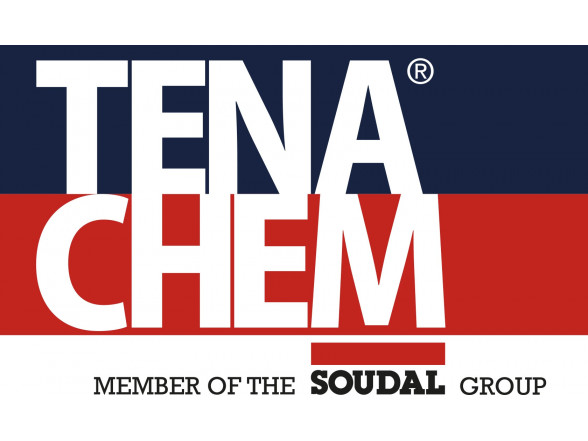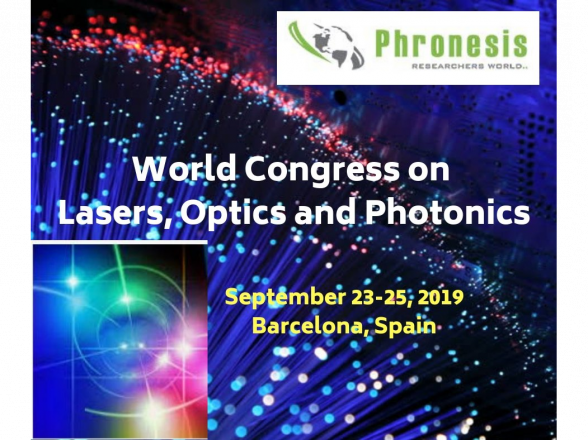In its May issue (#5 (632)), the monthly journal Zinātnes Vēstnesis published by the Latvian Academy of Science, Latvian Council of Science, and the Latvian Union of Scientists, introduces its readers to the Institute of Solid State Physics, University of Latvia (ISSP UL).
The article tells the history of the ISSP UL and mentions the most significant projects implemented at the Institute: CAMART2, EUROfusion, Horizon Europe, National Research Program, European Space Agency, COST, EEA, M-ERANET, CERN, Taiwan-Latvia-Lithuania trilateral projects and more.
The article describes ISSP UL’s path to becoming an internationally recognized leader in materials science and cross-disciplinary topics, mentioning the CAMART2 project as one of the most significant driving forces in enhancing the Institute’s scientific competitiveness, research and innovation ecosystem.
It is also mentioned that the ISSP UL actively promotes commercializing its research results. In recent years, both domestic and large foreign companies have licensed the technologies created at the Institute; for example, one of the world’s leading manufacturers of photonics and innovative optical instruments and their components, Thorlabs, highly appreciated the unique properties of the innovative high-speed thermo-electric sensor (TESS) created by ISSP UL and signed an agreement on its licensing and technology transfer.
The ISSP UL also promotes the development of spin-off companies. In the last year, two Institute companies have already gained recognition: Cellbox Labs develops innovative organ-on-a-chip devices, which are miniature replicas of organs outside our body for more effective drug development, while OG Sense develops an innovative optical sensor for monitoring ammonia and other gases.
In 2019, infrastructure modernization, personnel education and exchange of experience with the CAMART² project partners enabled ISSP UL to obtain the first ISO 9001:2015 quality certificate, which includes the need to continue the development of excellence for ensuring research and innovation environment.
The full article in Latvian is available here.



